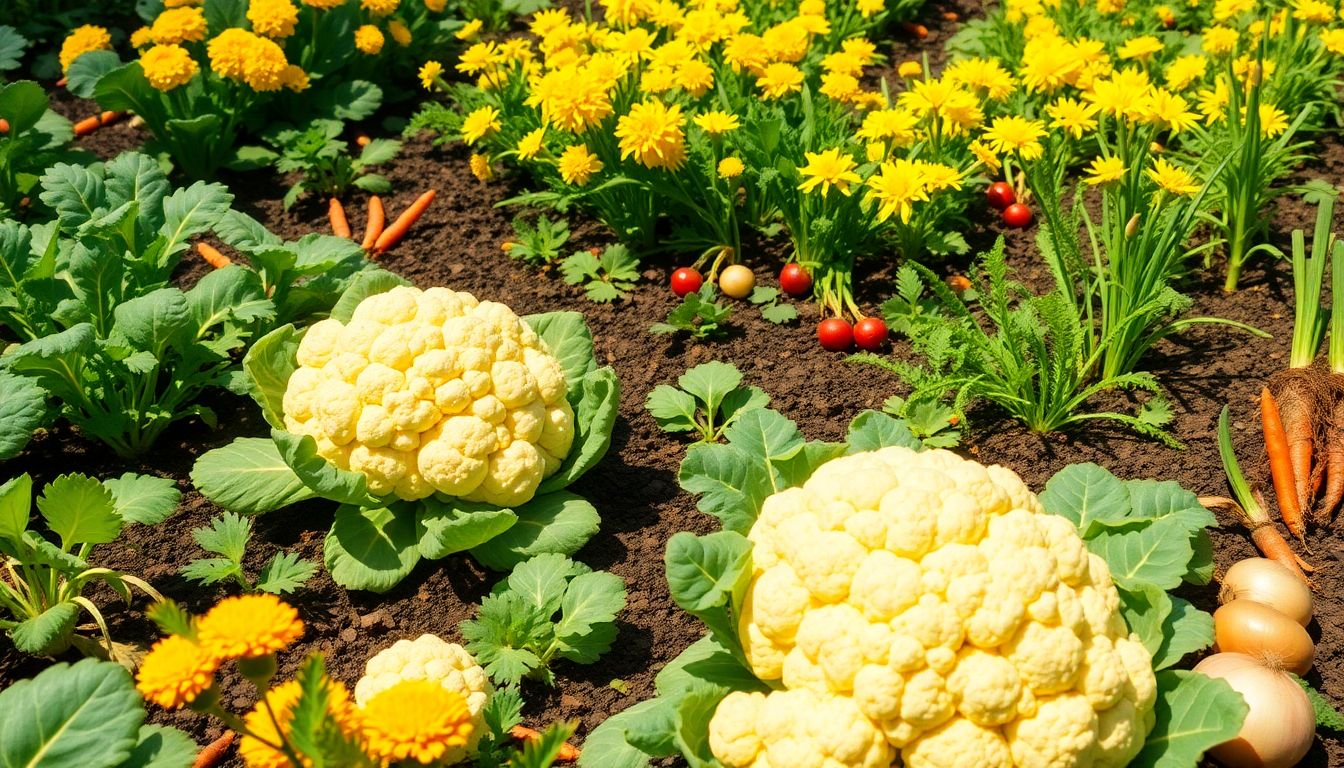
Bread is a staple in many households, but one thing we all struggle with is how quickly it goes stale. One day it’s soft and delicious, and the next, it’s hard and crumbly. But what exactly causes bread to lose its freshness?
What’s Really Happening?
Bread staling, technically known as “retrogradation,” happens due to the crystallisation of starch molecules in the bread. When bread is first baked, the starch in the flour gelatinises, meaning it absorbs water, swells, and becomes soft. This is what gives fresh bread its soft, fluffy texture. However, as the bread cools and sits over time, the starch molecules start to realign and crystallise again. This process forces water out of the starch, causing the bread to lose moisture and become hard.
This crystallisation process doesn’t mean the bread is drying out completely, though. The moisture in the bread is still present but becomes trapped within the starch, leading to that undesirable texture we associate with stale bread.

Does Refrigeration Make Bread Stale Faster?
It might seem like refrigerating bread would help keep it fresh, but in fact, the opposite is true. Cold temperatures speed up the crystallisation of the starch molecules, making bread go stale faster. The refrigerator is one of the worst places to store bread if you want to maintain its freshness. For the best results, store bread at room temperature in a sealed, airtight bag or container. Freezing, on the other hand, halts the crystallisation process, so it’s a great option for long-term storage.
Why Bread Goes Hard
As bread ages, it also loses moisture to the environment. This is more noticeable when bread is left uncovered or improperly stored. The air in your kitchen pulls moisture out of the bread, leaving it hard and dry. This process is especially noticeable in crusty breads, like baguettes, where the outer layer becomes particularly tough.
To retain moisture, keep bread tightly wrapped in plastic, foil, or in a bread box. If your bread has already gone hard, you can revive it by lightly misting it with water and warming it in the oven for a few minutes to soften the starch molecules again.

Can You Eat Stale Bread?
Stale bread isn’t necessarily bad for you, but it certainly isn’t as enjoyable to eat. If your bread is past its prime, consider repurposing it instead of tossing it out. Stale bread works well in recipes like breadcrumbs, croutons, or even French toast, where its dry texture actually becomes an advantage.
Tips to Keep Bread Fresher for Longer
While you can’t prevent bread from going stale entirely, there are two simple ways to slow the process:
- Store your bread in a sealed container or bag to prevent moisture loss and keep it soft.
- Freeze bread to stop the crystallisation process and keep bread fresh for months.
Lastly, remember that even when bread does go stale, it can still be put to good use in the kitchen!



